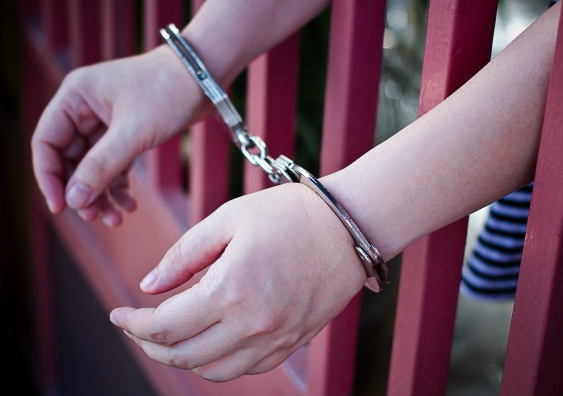Is a royal commission the best response to the juvenile justice crisis?
We already have the evidence base to address the problems inherent in juvenile detention. What we need is the political will and leadership to implement the solutions, write Melanie Schwartz and Chris Cunneen.


